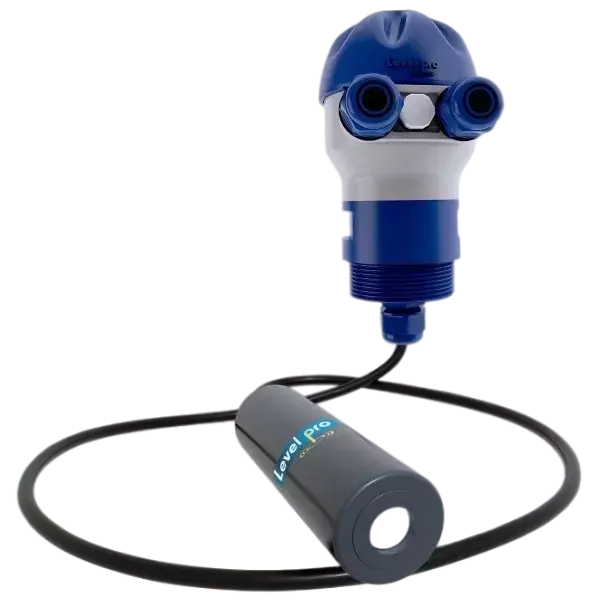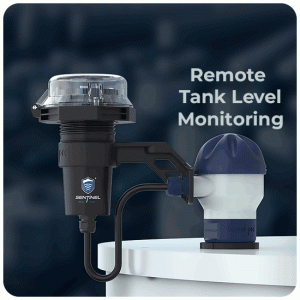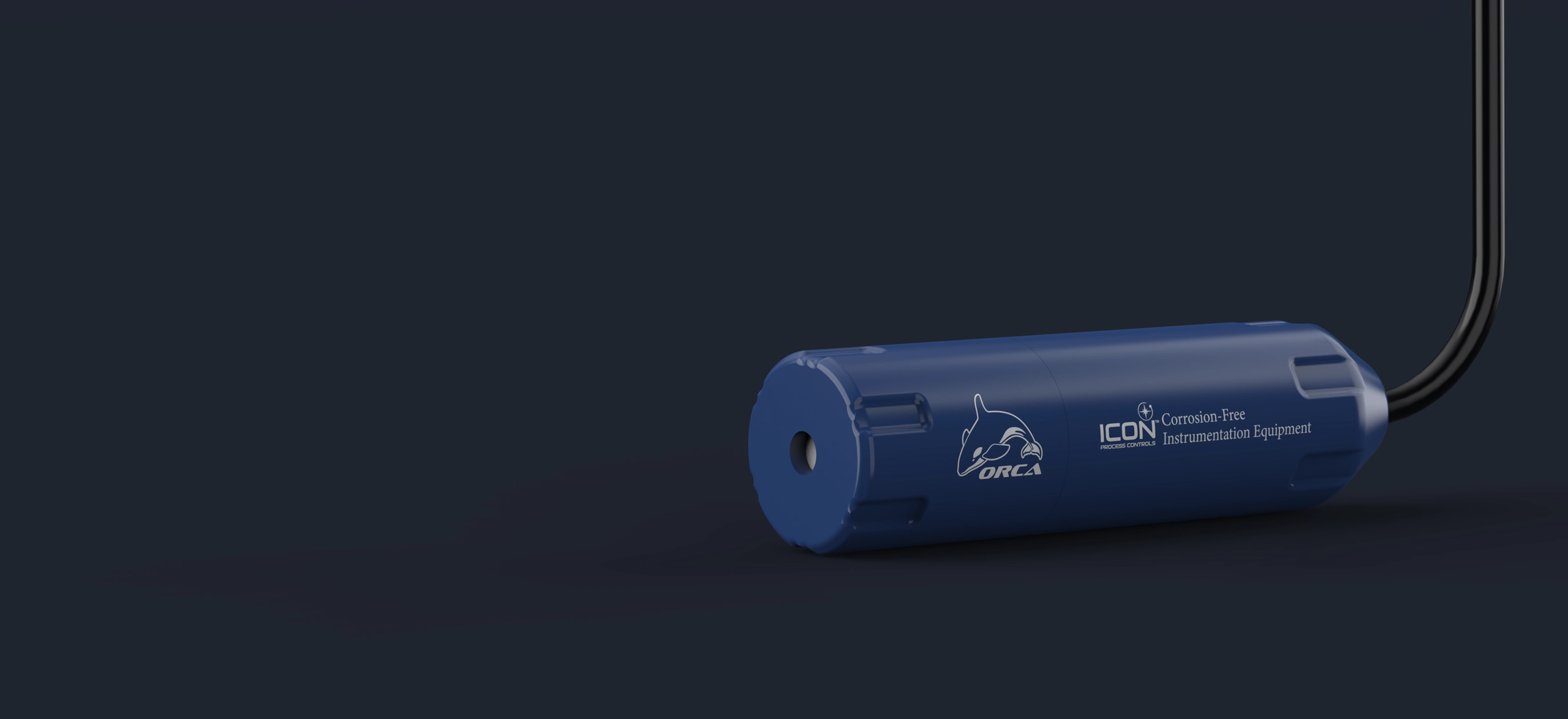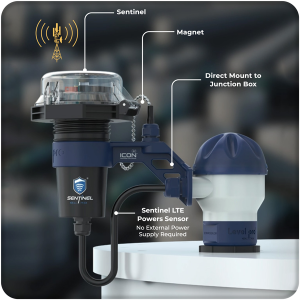How do I choose a level sensor?

There are several factors to consider when choosing a level sensor:
1. Measuring range: It is important to determine the range of the level that needs to be measured, as this will help you select a sensor with the appropriate measurement range.
2. Accuracy: The accuracy of the sensor is important, as it will determine the precision of the measurement.
3. Resolution: The resolution of the sensor refers to the smallest increment that the sensor can measure. A higher resolution sensor will be able to measure smaller increments, which may be necessary for certain applications.
4. Environmental factors: The environment in which the sensor will be used should be considered, as certain sensors may be more suitable for certain environments. For example, if the sensor will be used in a harsh or corrosive environment, a durable, corrosion-resistant sensor may be necessary.
5. Output type: There are several different output types available for level sensors, including analog, digital, and pulse. It is important to select a sensor with an output type that is compatible with your system.
6. Cost: The cost of the sensor should be considered, as it can vary significantly depending on the features and performance of the sensor.
7. Compatibility with the substance being measured: The sensor should be compatible with the substance being measured in terms of chemical compatibility and the physical properties of the substance.
Learn more about level sensors
Please contact us to discuss your application. It may be helpful to consult with a specialist or do additional research to determine which level sensor is most suitable for your specific application.


